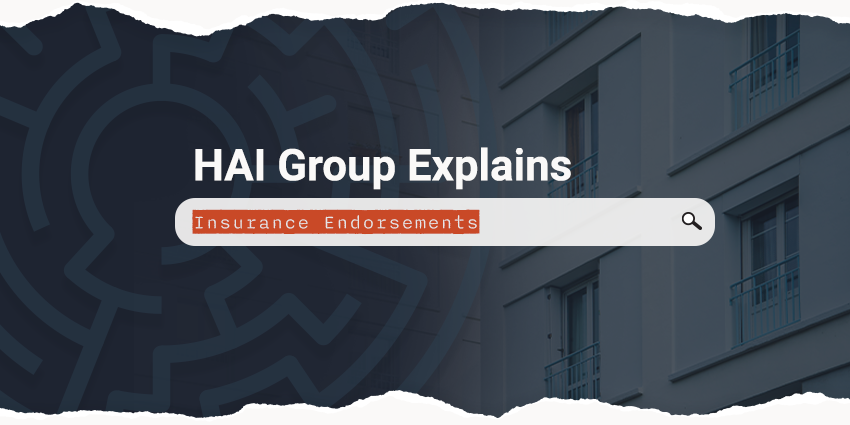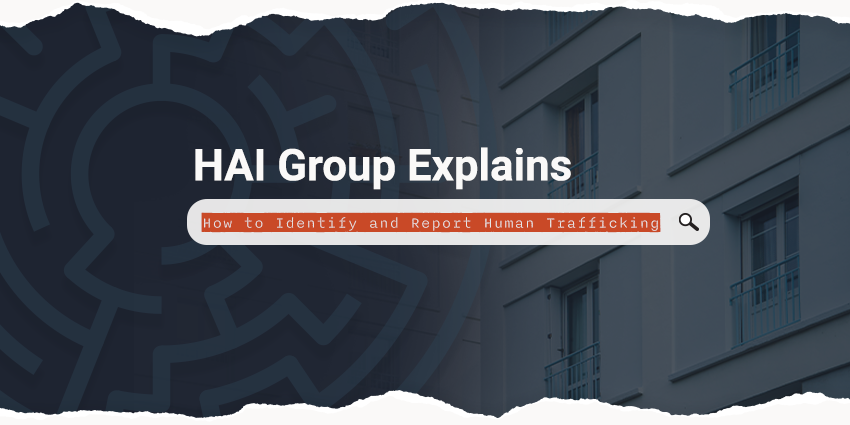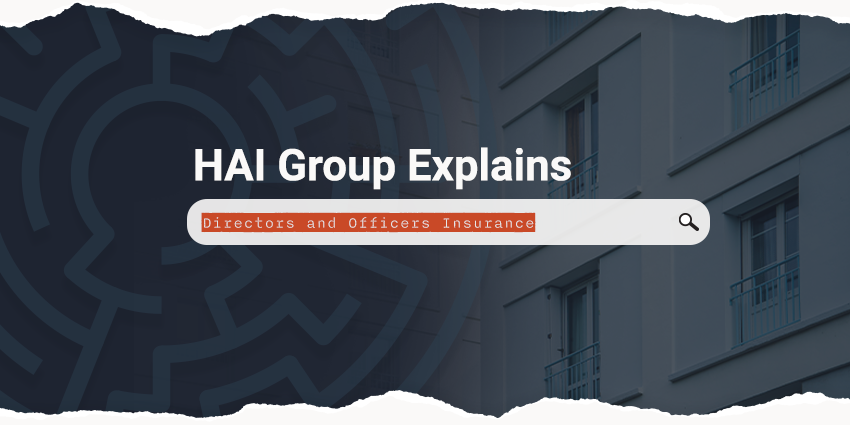In the public and affordable housing industry, flexibility is key to ensuring that insurance coverage aligns with your organization’s specific needs. One way this is achieved is through endorsements.
This article sheds light on what endorsements are (no, we’re not talking about signatures), how they work, and why they are the secret ingredient to a resilient and adaptable insurance strategy.
What is an insurance endorsement?
An insurance endorsement serves as an amendment to an existing insurance contract.
“An endorsement’s primary function is to modify the terms of the original policy, allowing for additions, deletions, exclusions, or changes in coverage,” said Angel Fear, assistant director of account services at HAI Group.

Endorsements can be issued at the time of purchase, during the policy term, or at renewal, and they may impact insurance premiums.
Endorsements typically serve one of the following purposes:
- Additional Coverage: Endorsements can add or include coverage that would otherwise be excluded from the original policy.
- Exclusions: Some endorsements may exclude coverage for specific types of claims. Understanding these exclusions is vital to anticipating potential gaps in coverage and taking appropriate measures to mitigate risks.
- Modification of Coverage: Endorsements can expand the scope of existing coverage. This flexibility is valuable for housing providers dealing with diverse risks, allowing them to tailor their policies to better suit their specific circumstances.
Fear said an endorsement becomes part of your legal insurance agreement and remains in force until the contract expires, unless it has a specific or limited term.
“Always retain a copy of your updated policy after making changes, clearly indicating the new endorsement,” she said. “Changes to coverage, whether a reduction or increase, can impact your premium, so it's essential to be mindful of these adjustments.”
Endorsements common during redevelopment
Redevelopment brings change. As public and affordable housing providers engage in redevelopment activity, insurance policies often require modifications accomplished through endorsements.
“If an agency sells a property, said property needs to be endorsed off the agency’s insurance policy,” Fear explained. “If an agency acquires a property, it needs to be endorsed onto the agency’s policy.”
Outside entities with stakes in housing development projects (e.g., lenders, permittees, and investment partners) often require that agencies list them as an additional insured on a policy. Additional insureds must be endorsed onto a policy.
Endorsements are quite common outside of redevelopment. Any change in contract terms—such as an increase or decrease in coverage limits or paying the annual premium in monthly installments instead of a lump sum—is also accomplished through endorsements.
Bottom Line: Navigate change with precision by keeping your insurance professional in the loop
In the dynamic landscape of public and affordable housing, staying ahead means keeping your insurance professional in the loop.
"By proactively updating your insurance professional on any changes in operations, regulations, or risks, you ensure a comprehensive understanding of your evolving needs,” Fear said. “This communication is the linchpin for deploying strategic policy endorsements, fortifying your protection, and enhancing the resilience and sustainability of your operations.”
Have questions about endorsements? Our Account Services team is ready to assist you.
This article is for general information only. HAI Group® makes no representation or warranty about the accuracy or applicability of this information for any particular use or circumstance. Your use of this information is at your own discretion and risk. HAI Group® and any author or contributor identified herein assume no responsibility for your use of this information. You should consult with your attorney or subject matter advisor before adopting any risk management strategy or policy.
HAI Group® is a marketing name used to refer to insurers, a producer, and related service providers affiliated through a common mission, management, and governance. Property-casualty insurance and related services are written or provided by Housing Authority Property Insurance, A Mutual Company; Housing Enterprise Insurance Company, Inc.; Housing Specialty Insurance Company, Inc.; Housing Investment Group, Inc.; and Housing Insurance Services (DBA Housing Insurance Agency Services in NY and MI).






